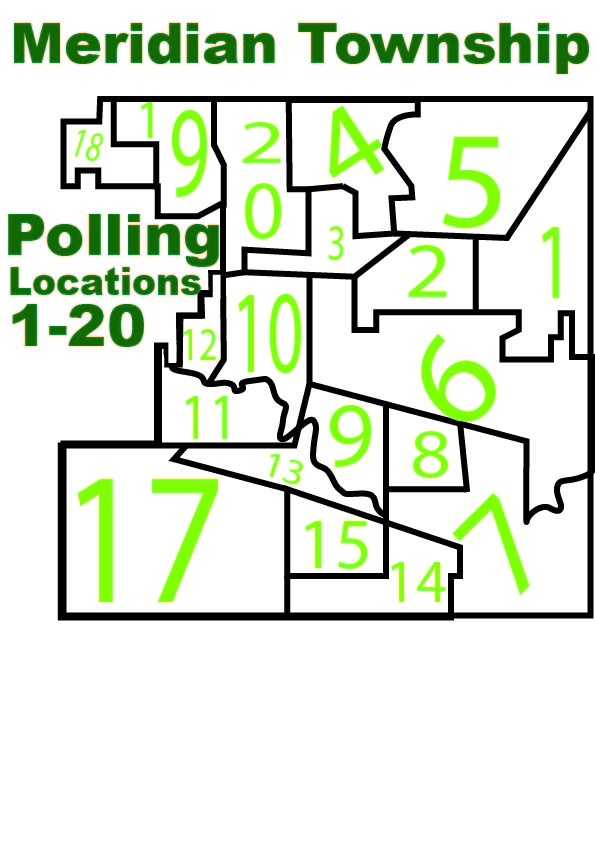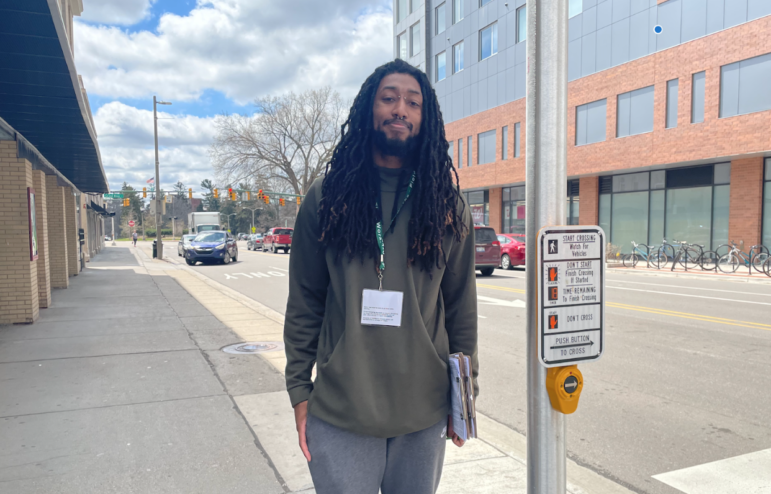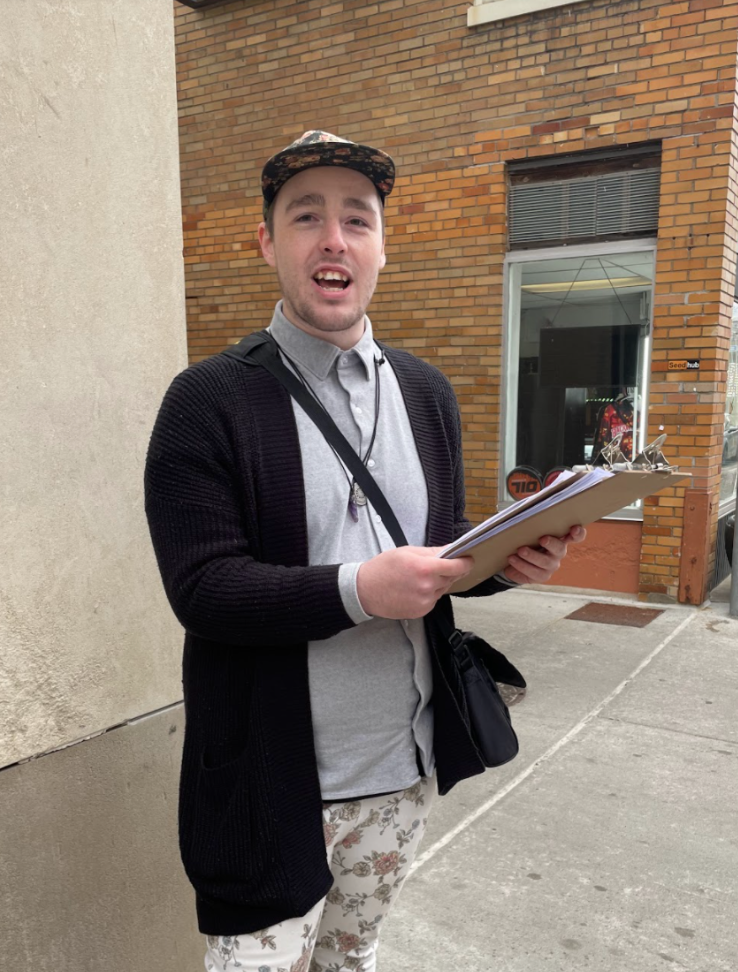The MI Right to Vote initiative may appear on the ballot in Michigan as an initiated Constitutional Amendment on November 8, 2022.
The ballot initiative would establish these voting provisions in the state’s Declaration of Rights: a right to drop off an absentee ballot at a drop box 40 days prior to an election, a right to obtain an unsolicited absentee ballot application and a right to vote in person with a photo ID, signed affidavit, or matching voter registration signatures. The initiative needs 425,059 signatures by July 11, 2022 to appear on the ballot.
Fred Green, the co-founder of MI Right to Vote, said, “Our petitions have passed the regulatory hurdles; they have received the approval as to form and of the summaries by the Board of State Canvassers. You will see our circulors out and about, chasing signatures so we can get on the 2022 ballot. We are making presentations to every group that will have us.”
Green said he attributes the proposal’s success to the determination of its creators. Robert Sedler, a law professor at Wayne State University and advisor for the MI Right to Vote petition, said, “My major work was in ensuring that the MI Right to Vote would meet all the requirements relating to the submission of a proposed constitutional amendment. Those efforts were successful, and the proposed amendment is now out for the required signatures to get on the November ballot.”
Green said the petition’s main goal is to expand voting options to enable more people to vote. “We’ve proposed to amend the Michigan Constitution to change the parameters for enacting voting rights legislation and the standards by which the judiciary reviews such legislation. It’s simple. We’re requiring that any bill proposed by the legislature restricting voting rights be narrowly tailored to achieve a compelling state interest.”
Green also said there is heavy emphasis on expanding voting rights to younger generations to keep them informed of what’s on the ballots for the 2022 election. He said expanding voting rights begins with people becoming educated.
Creating ballot proposals
MI Right to Vote is one of 15 top proposals on the prospect for the November election. In Michigan, ballot proposals may be filed by petition with the state government to amend the state’s constitution, enact a new law or retract one that has been previously made. Citizens that want new legislation or a constitutional amendment are required to submit a copy of their petition to the Secretary of State before promoting it.
Ballot proposals are one of the ways citizens can implement change in legislation. At Michigan State University, members of the University Council reiterate that ballot proposals are an important exercise of democracy.

University Council at Michigan State University
The University Council is the decision-making process at Michigan State University for different laws and rules. Faculty and students have been delegated to make decisions that are presented to and voted on by the Board of Trustees, who are elected into office in Michigan.
Dustin Carnahan, an assistant professor at Michigan State University and member of the UC, said, “Ballot proposals are one of the few remaining areas of public life where people have direct power over policy, being able to weigh in via the ballot on whether certain proposals should become law. When young people feel overlooked by those elected to serve them in state government, ballot proposals provide an opportunity to craft and create policy that serves the interests of younger voters in potentially transformative ways.”
Carnahan continued to say ballot proposals provide an opportunity for voters to propose change and speak their mind.

Raymond Jussaume, social psychology professor at MSU who is on the University Council, said, “I think that our politics have become far too black and white at both the national and state levels. One reason for that is that people no longer become knowledgeable about politics at the community level. I think we need to encourage all citizens to become more engaged in local issues, initiatives, boards, etc.”
Stephen P. Gasteyer, an associate psychology professor at MSU and on the Michigan State Council of Governance said, “The proposals on the ballot really are about questions of inclusion and moves toward or away from equity; and either empowering our leaders to keep us safe or turning over society to people who would act as bullies. For students, this is about the society that they will enter as new professionals in the near future. If they are knowledgeable about the ballot proposals and vote, they can participate in determining the direction of society.”
Gasteyer said students, young professionals and adults in Meridian Township should be aware of the upcoming ballot proposals because of their importance in changing the way society is headed.

Dr. Lucinda D. Davenport is a journalism professor at Michigan State University, and she is on the UC at MSU. She said, “Everyone, not just young people, need to understand the various ballot proposals in order to make informed choices and have a say in decisions that affect their lives.”